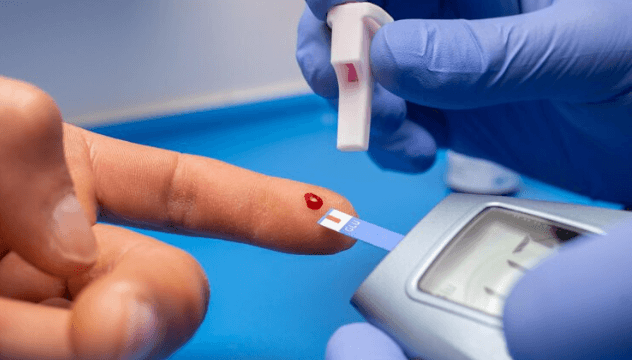Imagine waking up one morning and skipping your usual cup of tea or coffee and heading straight to the lab for a glucose fasting test. It may seem like a minor inconvenience, but this simple test can reveal a lot about your health – especially when it comes to detecting diabetes and prediabetes.
Why the Glucose Fasting Test Matters
Blood sugar levels fluctuate throughout the day, depending on what we eat and how active we are. That’s why it’s important to fast before the test — this gives doctors a clear picture of how your body manages sugar without the interference of recently eaten food.
The glucose fasting test measures your blood sugar level after fasting for eight to twelve hours. If your blood sugar is too high, it may mean your body is not processing glucose properly, which is a sign of prediabetes or diabetes.
Real-Life Story: How a Simple Test Changed a Life
Take the case of Rajesh, a 42-year-old office worker who always felt tired and thirsty. He brushed it off as work stress until his wife insisted he get tested. The results of his glucose fasting test showed he was in the prediabetes range. With early detection, he was able to make changes to his lifestyle – taking regular walks, cutting down on sweets and eating more fiber. Within a few months, his blood sugar levels improved and he completely remitted from diabetes.
What the Numbers Say
Doctors typically interpret the results like this:
- Normal: Below 100 mg/dL
- Prediabetes: 100-125 mg/dL
- Diabetes: 126 mg/dL or higher on two separate tests
What to Do If Your Levels Are High
A high reading doesn’t necessarily mean diabetes is inevitable. It’s a wake-up call. Here are some steps you can take:
- Eat Smart: Reduce processed sugars and include whole grains, vegetables, and lean proteins in your diet.
- Stay Active: A daily 30-minute walk can do wonders for blood sugar control.
- Monitor Regularly: If you’ve had a borderline result, regular testing can help you track progress.
- Consult Your Doctor: A healthcare professional can guide you on the best preventive measures.
Final Thoughts
Diabetes doesn’t appear overnight – it develops over time, often silently. So early detection through a simple test can make a huge difference. If you’ve never had a glucose fasting test, consider getting one now. It’s better to know where you stand so you can take charge of your health before problems arise.




